How do you choose your materials?
We select our raw materials according to 3 categories:
- We privilege recycled, natural and/or VEGAN certified materials.
- We check that they are certified OEKO-TEX and REACH.
- We test, test and re-test them (thanks Intertek) to offer you solid, quality accessories that last a lifetime (no more programmed obsolescence!).

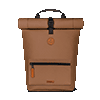












































 Starter
Starter
 School bags flaps
School bags flaps
 Raincovers
Raincovers
 Bobbles
Bobbles


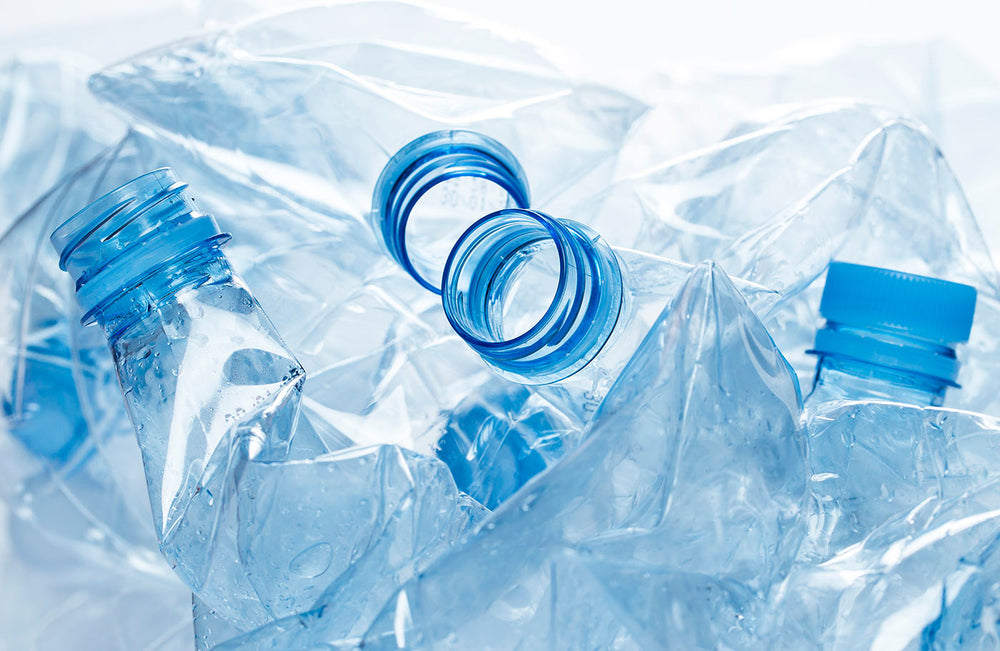
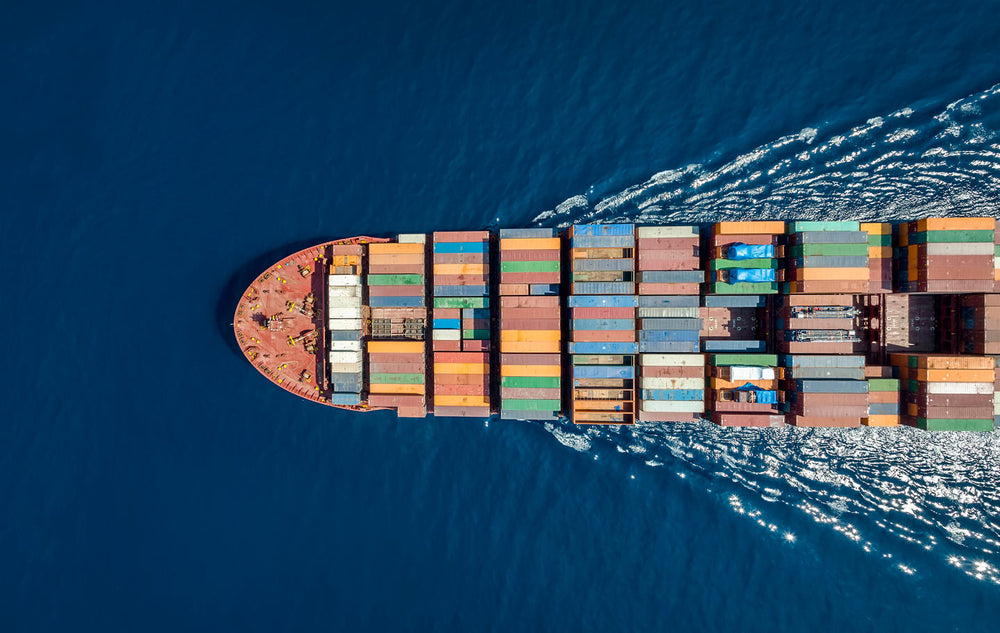
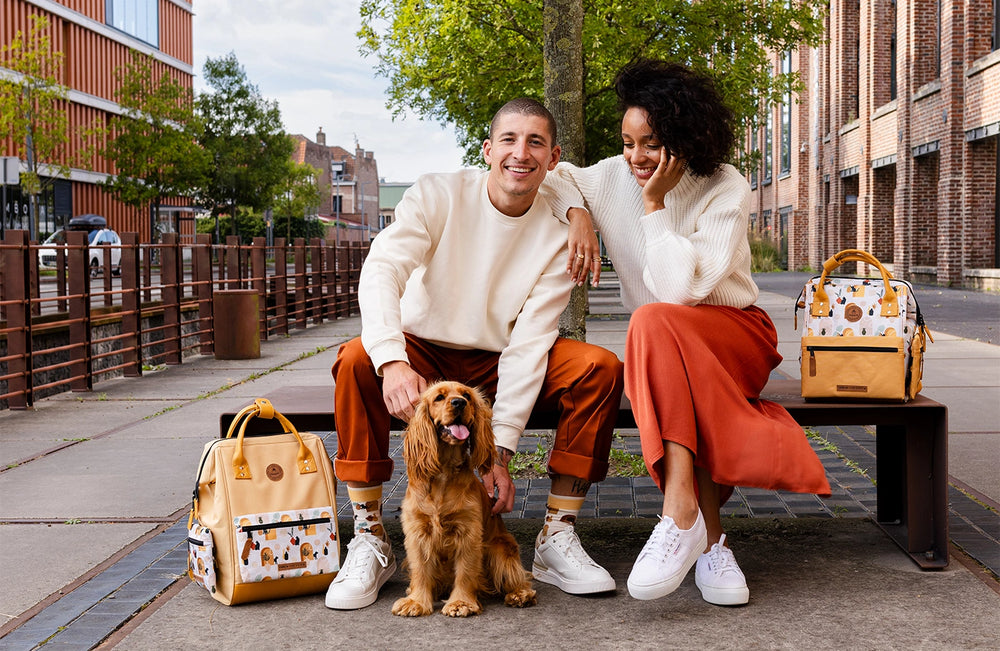
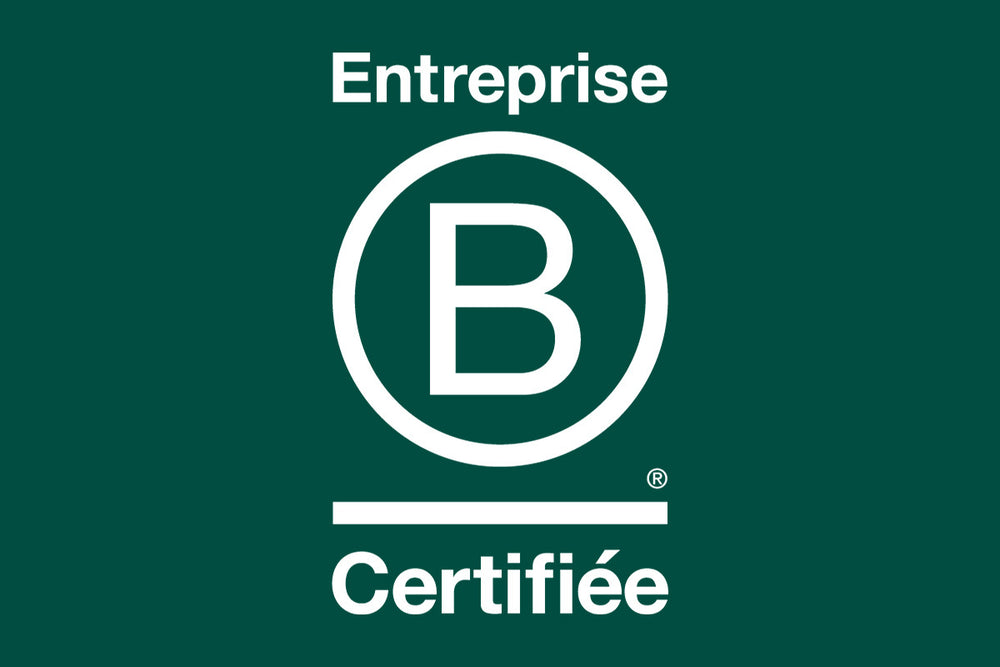






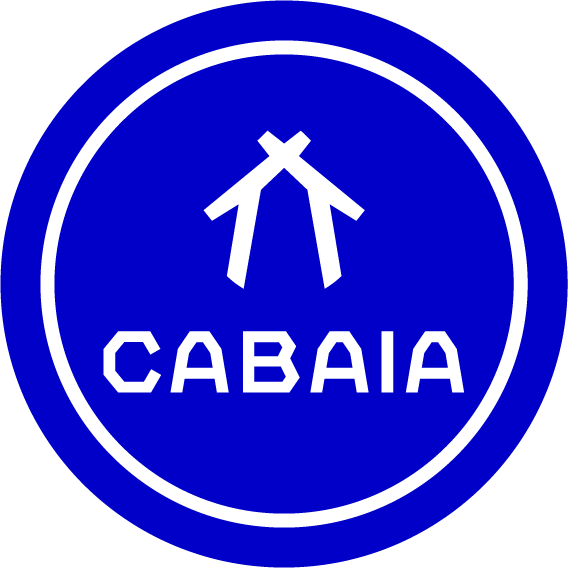





 Discover
Discover
